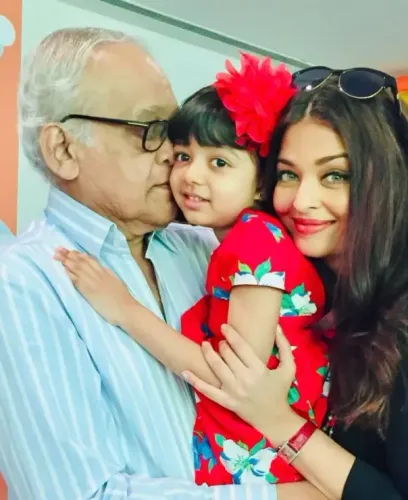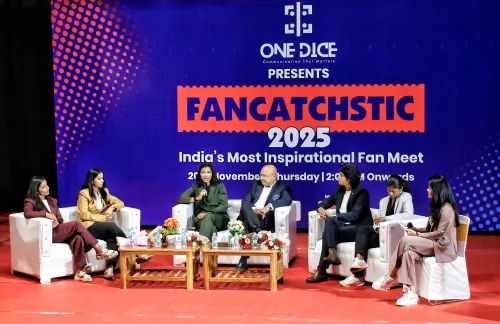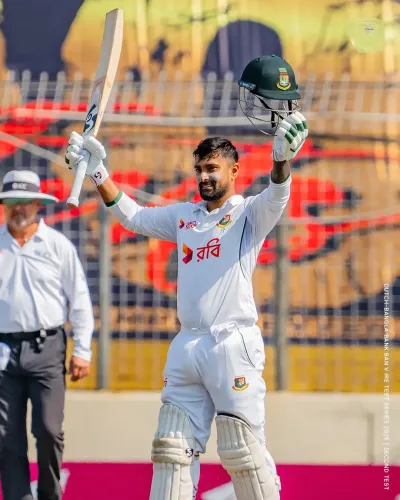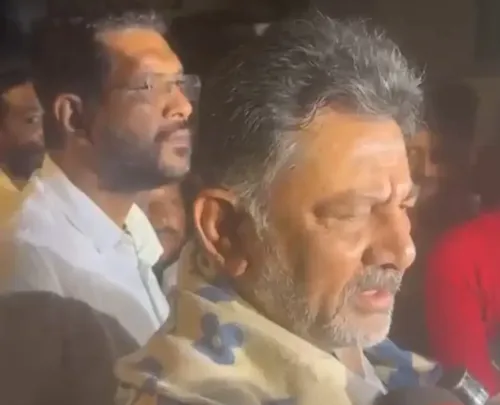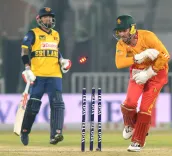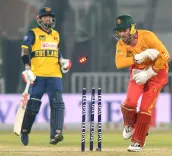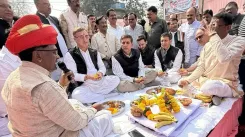Why are Honour Killings Increasing in Sindh?
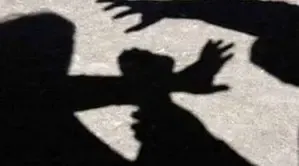
Synopsis
Key Takeaways
- 142 individuals killed in Sindh in 2025 under honour killing claims.
- 105 victims of honour killings were women.
- Many perpetrators are family members of the victims.
- Urgent need for better law enforcement and protection for victims.
- Low literacy and cultural ignorance are major drivers of this violence.
Islamabad, Oct 6 (NationPress) Concerns have been raised by civil society and rights advocates regarding the inadequate enforcement of current regulations aimed at preventing honour killings. Reports indicate a notable increase in such incidents in Sindh during 2025, with a significant majority of the victims being women, according to local media.
Statistics reveal that 142 individuals have lost their lives in Sindh under the guise of honour killings in 2025, with 105 of these victims being women, as reported by the esteemed Pakistani daily, Dawn. This data paints a disturbing portrait of gender-based violence deeply entrenched in patriarchal ideals and cultural rationalizations.
Police data indicates that many of the offenders were relatives of the victims, comprising 38 husbands, 24 brothers, six fathers, along with sons, daughters, mothers, and sisters. Additionally, 46 extended family members and seven outsiders, including neighbours and friends, have also been implicated.
Rights advocates have underscored the pressing need for rigorous measures to tackle this crisis. Anis Haroon, a prominent rights activist, stated to Dawn that while there are sufficient laws to prevent honour killings, the real issue lies in their enforcement. She highlighted that the state often neglects its responsibilities due to political expediency.
Mehnaz Rehman, a member of the Human Rights Commission of Pakistan (HRCP), emphasized that men frequently evade punishment in honour killing cases, while women continue to be the primary victims. She remarked that honour killings have evolved into a troubling 'industry', citing low literacy rates and ignorance as major factors contributing to these atrocities. She noted, "This involves blood money, compensation, and even the exchange of women through jirgas as part of settlements."
Advocate and distinguished lawyer Sara Malkani called for increased awareness regarding these issues. She stressed that the persistent occurrence of such incidents highlights the urgent need to strengthen protection mechanisms, particularly for women. Malkani asserted, "The police must prioritize the safety of victims, ensuring they feel secure and empowered to seek assistance from law enforcement."
Earlier in July, HRCP reported that at least 405 honour killings occurred in Pakistan in 2024, with a majority of the victims being women, often murdered by relatives under the pretext of defending family honour.

